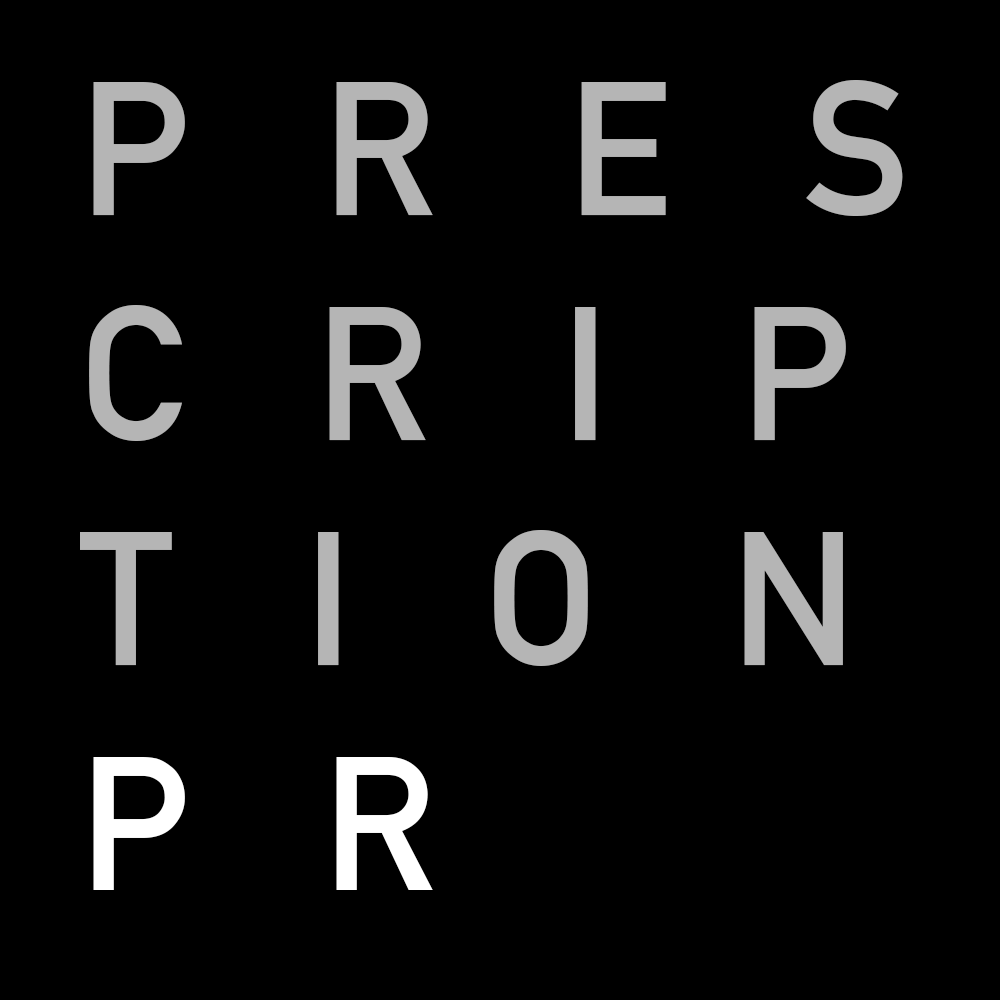The death of email?
Mark Zuckerburg is in the news again; and this time it’s for pronouncing the email dead. This official pronouncement of death conveniently went hand in hand with the launch of Facebook’s new messaging system, but we’ll leave cynicism about what makes a good headline to one side (you are reading this on a PR company’s website, after all) and take a look at his bold claim and what the implications are for musicians. Should you shred your virtual mailing lists and start spamming potential fans using yet another Zuckerburg invention?
We don’t think so. There are several good reasons to hold onto your mailing list and your beautifully crafted HTML email templates. The first is that er, email isn’t dead. In fact, as one Very Important Email Boffin, Nathaniel Borenstein, told the BBC recently, its use is actually growing. And, although teenagers may currently be eschewing it, they are effectively forced upon entering the world of work to start using email; most businesses do not encourage their staff to spend all day on Facebook (they encourage them to CC everybody on pointless round robin emails instead). If you saw Prescription PR’s inboxes, you would know that the email is, perhaps sadly, rather too alive and well.
Having established that email isn’t actually dead, the second reason for continuing to communicate with your fans via email rather than relying solely on whatever Facebook offers you is that – as hard as it may be to believe now – Facebook could just be a fad. You may think that with its 500 million plus users I’m mad making a statement like that. However, the pace of change in web technology is frenetic and in the space of just five years we have already seen the rise and fall of another huge social network, Myspace. The point is that if you invest all your time, energy and money exclusively in Facebook communications – whether that’s spending money on advertising to increase ‘likes’ of your page, or trying to work out how best to use Facebook Messenger to give your ten fans the impression that you are huge in Japan – you are screwed if things in Facebook land go tits up and everybody who liked you on that network has upped sticks and is now hanging out somewhere else. That’s precisely what happened with Myspace – just remember all those bands who got RSI from clicking ‘add friend’ on Myspace only to have all those very dear pals bugger off to an entirely new network altogether. Harlots.
The third reason you should value the humble email address is the degree of control it offers you. When you post a message up on your Facebook page, not everybody reads it or even sees it (you can find out why here). Admittedly, the same can be true of email – particularly if you write very boring messages to people all the time – but you know that when you send an email to a fan, it will generally go into their inbox (unless you are flogging saucily-titled albums that spam filters don’t like; how very dare you). Additionally, you can format the email how you like – add branding, photos, links and so on. And, depending on how clever you are, you can use a tool like Mad Mimi or Getresponse to run A-B subject header tests; schedule a broadcast time; measure open rates and clickthroughs; even see where your fans live (yes, seriously). Facebook messages or status updates do not offer anything like this level of control over communications.
Finally, regardless of what happens in the future, and whichever social network is king in 2050, the email address is probably going to be involved in some shape or form, and the more of them you have the better. For all Zuckerburg’s hyperbole about the death of the email, you still need an email address to er, sign up to Facebook. Or Twitter. Or Myspace. And all of those networks encourage you to ‘find your friends’ or invite people to become fans of your band (poor sods) using your email address book or by importing your mailing list. So in effect, email addresses are turnkeys to every social network out there – both in terms of joining them or, more importantly from the musician’s point of view, locating existing fans who use them.
So given all the above, the official Prescription line is to hold onto that mailing list, and continue to grow it if you can. We’ll leave you with a parting thought though: if you are reading this article in email form, it’s further proof that the email address is still alive, unless this article is an email ghostie haunting your spooky Hotmail account.


